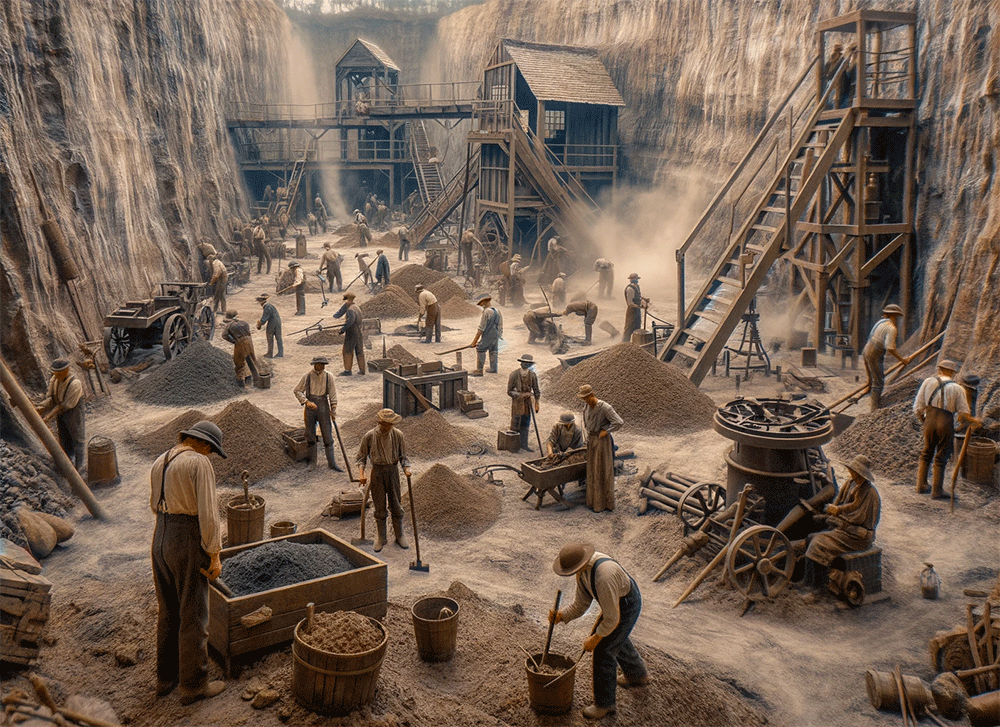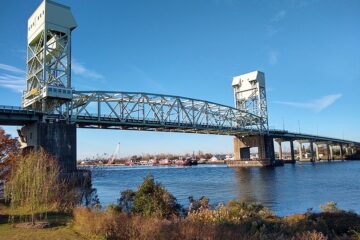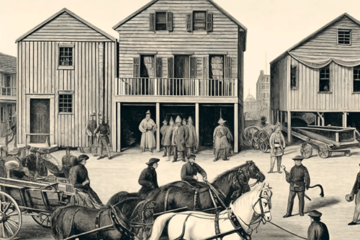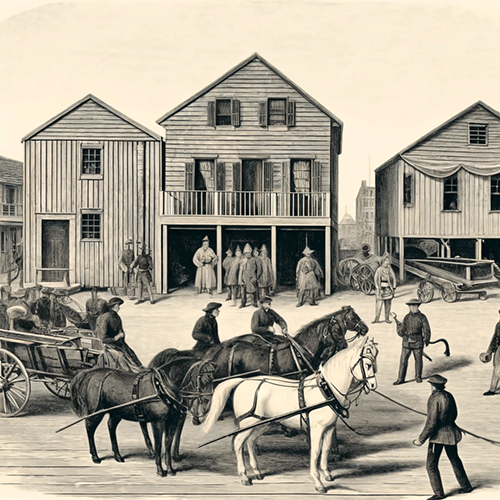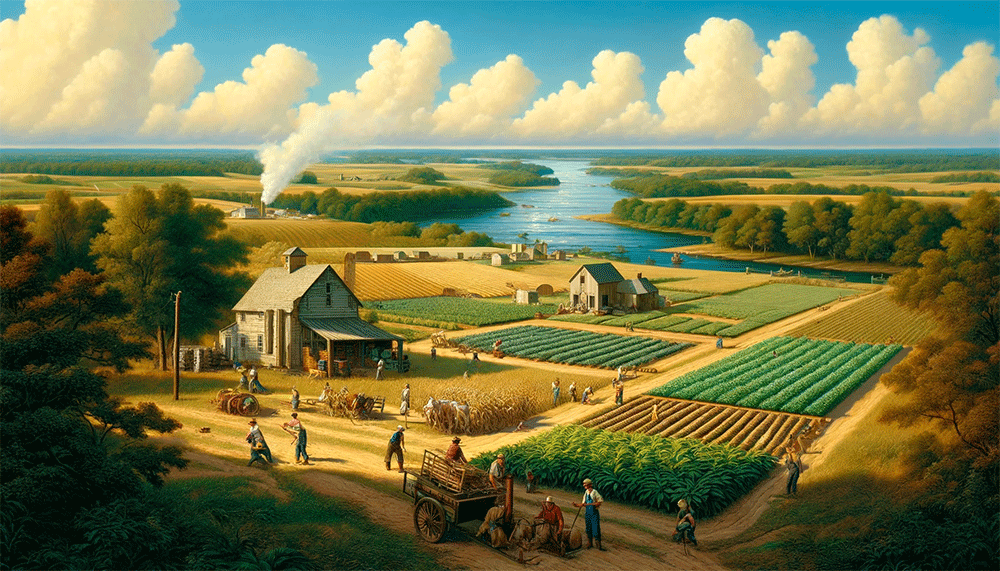
The Rich History of Castle Hayne, North Carolina
The Rich History of Castle Hayne, North Carolina
Castle Hayne, North Carolina, is a small community with a rich history that dates back to the colonial era. Located in New Hanover County, just north of Wilmington, this area has been an integral part of the region’s development from its early days as a rural settlement to its current status as a growing suburban community.
Early Settlement and Development
The area now known as Castle Hayne was originally inhabited by Native American tribes, and it was later settled by European immigrants in the early 18th century. The name “Castle Hayne” is believed to have originated from Sir John Haynes, an English lord who was granted land in the area. These early settlers were primarily engaged in agriculture, utilizing the fertile soil to grow crops such as corn, tobacco, and indigo.
The 19th Century
During the 19th century, Castle Hayne continued to develop as an agricultural hub. The community benefited from its proximity to the Cape Fear River, which facilitated trade and transportation. In the late 1800s, phosphate mining became a significant industry in the area, further boosting the local economy and increasing the population.
The 20th Century and World War II
The early 20th century brought further growth to Castle Hayne, particularly with the expansion of the railroad system, which connected the community more directly to Wilmington and other parts of North Carolina. However, it was during World War II that Castle Hayne experienced a significant transformation. The establishment of the Wilmington Army Air Base and the nearby North Carolina Shipbuilding Company brought a surge of workers and their families to the area, leading to rapid development and the establishment of new services and infrastructure.
Post-War Development and Modern Era
After the war, Castle Hayne continued to grow, transitioning from a primarily agricultural and industrial area to a more residential community. Today, Castle Hayne is known for its peaceful rural landscape, historic homes, and community-oriented atmosphere. The area has several parks and nature reserves, making it an attractive place for families looking to enjoy a quieter lifestyle while still being close to the amenities of Wilmington.
Cultural Heritage and Legacy
Castle Hayne also maintains a strong sense of its historical roots. Annual events and local museums celebrate the community’s heritage, emphasizing the role of agriculture, the impact of the phosphate industry, and the area’s contribution to the war effort. These activities help residents and visitors alike understand the significant contributions Castle Hayne has made to the region’s history.
Legend has it that in the early 20th century a large group of Dutch immigrants settled in Castle Hayne bringing with them the Tulip industry.
In conclusion, Castle Hayne’s history is a fascinating blend of Native American heritage, colonial settlement, agricultural prosperity, industrial development, and wartime significance. This rich tapestry makes Castle Hayne not just a place to live but a community with a unique story and a strong sense of identity.
Cape Fear River | Agriculture in Castle Hayne NC Phosphate Mining | Wilmington NC | New Hanover County | Port City | Wrightsville Beach NC | Castle Hayne NC | Kure Beach NC | ILM Advertiser | Topsail Coast Advertiser | Onslow Advertiser

